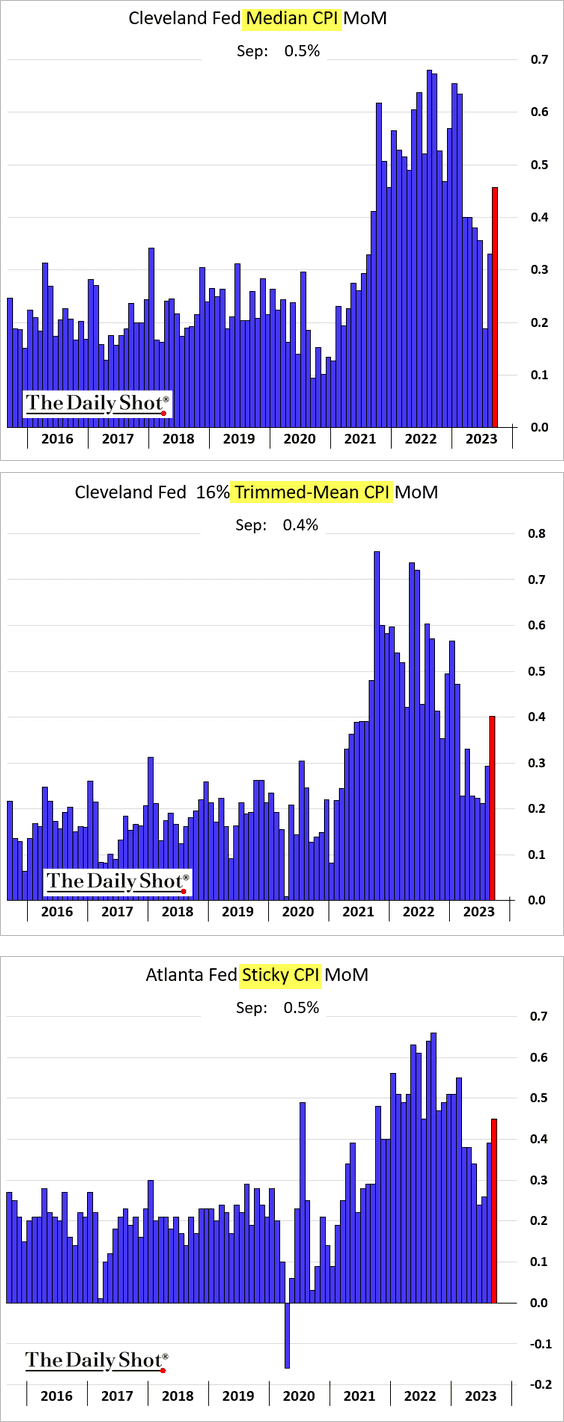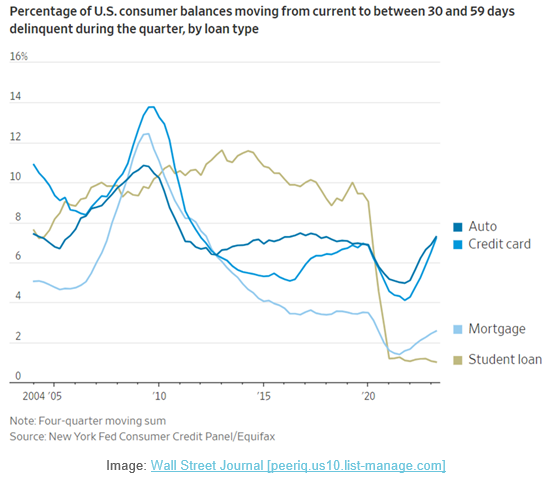Issue No. 5
Where to Find Us
Opal Lending Summit | Dana Point | Dec 5-6, 2023
iConnections | Miami Beach | Jan 29-Feb 1, 2024
Fintech Meetup | Las Vegas | March 3-6, 2024
Esoteric Asset Finance | NYC | June 2024
Specialty Lender Finance US | NYC | Sept, 2024
The Goldilocks Duration
We’ve established our brand by focusing on short duration opportunities. We’ve been able to keep our portfolio weighted average duration below 12 months since inception. It often hovers around as little as 8 months. What we don’t often talk about is that there is such a thing as TOO short of duration for our liking.
We provide senior secured credit facilities to specialty finance companies to fund the origination of loans. Said another way, we lend to lenders. And it’s important to note that we use the term “loans” loosely – it can mean actual loans, advances, or other contractual cash flows. For these credit facilities, we are always collateralized by a portfolio of loans.
In a downside scenario, we take control of the underlying loan book. That can take 30 days. What we wouldn’t want to happen is for the vast majority of the portfolio to pay down to cash during that period. Although we utilize DACA bank accounts and believe we have structured away much of that cash risk, it still gives us pause. For example, we generally stay away from card products because the balances often get paid down in less than 30 days. The Goldilocks duration for us is probably in the range of 60 days to 12 months.
- Jillian


A note from the CIO - a case for bad debt forgiveness
I am following an interesting situation of defaulted small business debt. The SBA recently admitted to having as much as $62 billion of delinquent loans in the EIDL (Economic Injury Disaster Loan) program. This pre-COVID program was put on steroids during the pandemic to help small businesses survive, lending out approximately $380 billion during COVID. The loans were 30-year small business loans for up to $2MM at a 3.75% fixed rate. Most require a lien on assets and some include personal guarantees.
The SBA is responsible for these loans and there is an argument being made by the Office of Inspector General that the SBA is doing a poor job collecting on them. That, I am sure of. The loans had a 2-year deferment so most loans only required borrowers to start paying within the last 12-18 months. This means that the SBA had a $380 billion loan book with zero delinquencies that then had skyrocketing delinquencies all at once starting in mid 2022. That structure would be difficult for any servicer/collector to manage, let alone at this volume.
So the question is what should the SBA do about it? Collecting on it isn't a free move - they estimate that it will cost them $250MM a year to collect on this portfolio, a massive sum for this agency to spend on collecting money it's already owed.
They also have the option to sell the debt although this would be an interesting portfolio to put up to say the least. I would venture to say that no other defaulted small business loan portfolio comes close to this one in size. The largest I have seen are usually in the $250-500MM range, not the $62 billion they might contemplate to sell. A single buyer or even multiple agencies could not collect on this without ramping up a significant operation. An entire cottage industry will have to be spun up just to collect on this once in a generation anomaly. And then what? Once this book is collected on, it's over. Then, all those short term employees and businesses are no longer needed. That's not efficient. Also, freshly spun up collections firms are not all going to be reputable. Many will not be compliant. And if they know they'll be shutting down two years later, they may take more risks for a quick money grab.
Realistically, I think they should expect to collect $5-10 billion on this portfolio going either of these paths. A third option is to forgive the debt and prevent an ugly situation on many fronts. That's a lot of money to shrug their shoulders at and, as we've seen with student loan forgiveness, there are plenty of very fair arguments against this. That being said, I don't see any other practical way out. My vote would be for forgiveness on this one.
- Conor
A couple members of the team recently finished reading James Clavell's engrossing novel Shogun. Set in the 1600s, the story is about an English pilot who lands on the foreign soil of Japan. Clavell is a master story teller and the color he brings to his strong characters and iconic events left us glued to the pages: all 1,152 of them. And if you're still wanting more as we were, this is the first book in an Asian Saga series that covers the founding of Hong Kong, the opening of Japan to the West, and more.

Stay in the know
from Pier Asset Management straight to your inbox.
FINANCIAL DISCLOSURE
Lorem ipsum dolor sit amet, consectetur adipiscing elit. Integer vitae imperdiet purus. Sed eget purus mollis, imperdiet sem ullamcorper, elementum justo. Lorem ipsum dolor sit amet, consectetur adipiscing elit. Integer cursus nisl lectus, eleifend dictum ipsum placerat at. Fusce luctus fermentum ipsum, a sagittis neque rutrum at. Pellentesque eleifend libero non ante pellentesque, auctor mattis felis accumsan. Morbi sagittis eu felis eu varius. Donec interdum congue erat. Orci varius natoque penatibus et magnis dis parturient montes, nascetur ridiculus mus. Vestibulum bibendum risus id nunc luctus blandit. Aenean tincidunt urna quis turpis sodales placerat.

Manhattan Beach, CA 90266, USA
424.324.2950